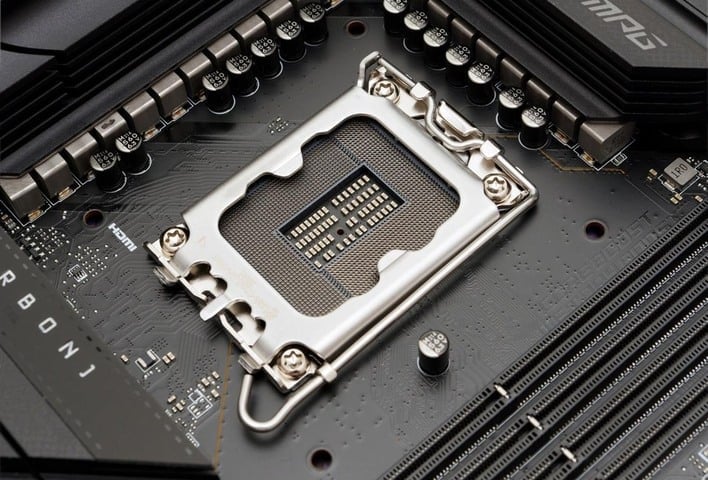Stephanie
The issue (problem) with your query is that
stream all the latest tripple A games (Main Game Warzone) on highest settings while streaming via OBS trough twitch.
is that 'highest settings' mean different things to different people. And EXACTLY what that means will drive the hardware requirements
Beware
- some games (many/most 'Triple A' games) are demanding on hardware
- real-time vide encoding is very demanding... hence the GPU encode offload (like NVENC) which moves that computationally heavy workload off the CPU
- the latest video encode standard is AV1, but it is early days in its adaption (moving beyond H.264) , and current GPU are on 1st generation of hardware support for encode offload... with all that 'bleeding edge' implies.
- and there is 4K streaming, and presumably future use of even higher resolutions... so how long do you expect this system to last?
- And then there are things like HDR (vs SDR standard dynamic range)
All of the above generates a fair amount of heat (which will shorten system lifetime), so don't skimp on cooling
And then there is how complex of 'compositing' (ie, what OBS Studio does... combine 'composite' multiple inputs into a single video stream (to either livestream or Record) you plan to do with your video streaming
- some workloads (games plus encoding for real-time livestreaming) can be performed fine on mid- to upper-end gaming type computer
- but some take even more than that... and it depends...
And then there is optimizing the operating system and game settings to work well with Streaming/Recording (vs just watching/playing on local monitor)
There are those with top-end latest consumer CPUs, nVidia 4090, and still run into bottlenecks... it really does depend. There is far more involved in getting a game, real-time video encoding, and background tasks all configured to avoid a system overload/bottleneck. And that will change by game, and over time (OS and driver updates, etc)
My point?
- getting something to work is easy... Finding a system that will work for everything you may want to do? really hard.
and even the most expensive/powerful consumer system can still be overloaded, if you aren't careful. Meaning, sometimes, it is the software configuration/settings, not the hardware that is more important
So what PC to get... depends on budget and expectations
- the top-end CPU usually costs a LOT more for only a little extra performance... but will you need that little extra?
- GPU, usually not that involved to upgrade a Desktop (Tower) PC discrete GPU... so better value may be buying what you need know and replacing about 1/2 way through system life (cheaper than buying whole new rig, if GPU is bottleneck, and ok with CPU)
As for boutique builds vs more mainstream... +1 to what Koala said above... and see blog articles at Puget Systems about recent Intel CPU hardware failures... Because Puget Systems chose to not overclock or otherwise try to push CPU performance to absolute limit, they did NOT have the failures others experienced ... so beware searching out that last 5% of performance... granted Intel CPU bug was unusual in this specific regards, the issue of pushing a system to bleeding edge and then it failing ... is not uncommon.. So what level of onsite technical expertise will you have available (ie system crashes, how long can you handle downtime until system repaired...)
you will have to choose for yourself your preferred balance of cost, performance and reliability... old adage of pick 2 of those characteristics, and like legs of a triangle, the 3rd is chosen for you
Good Luck
